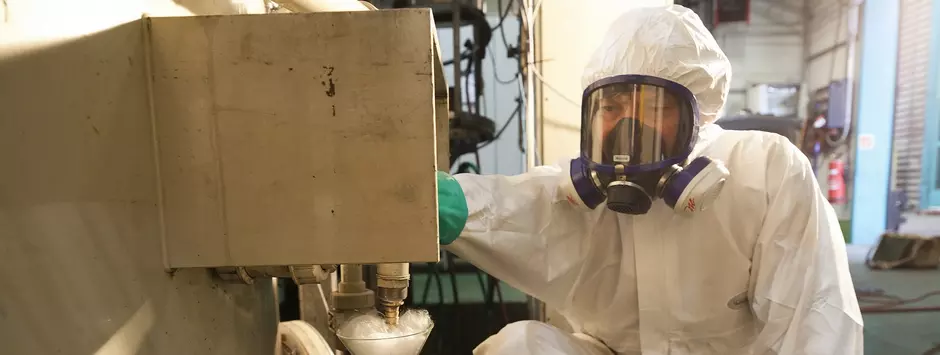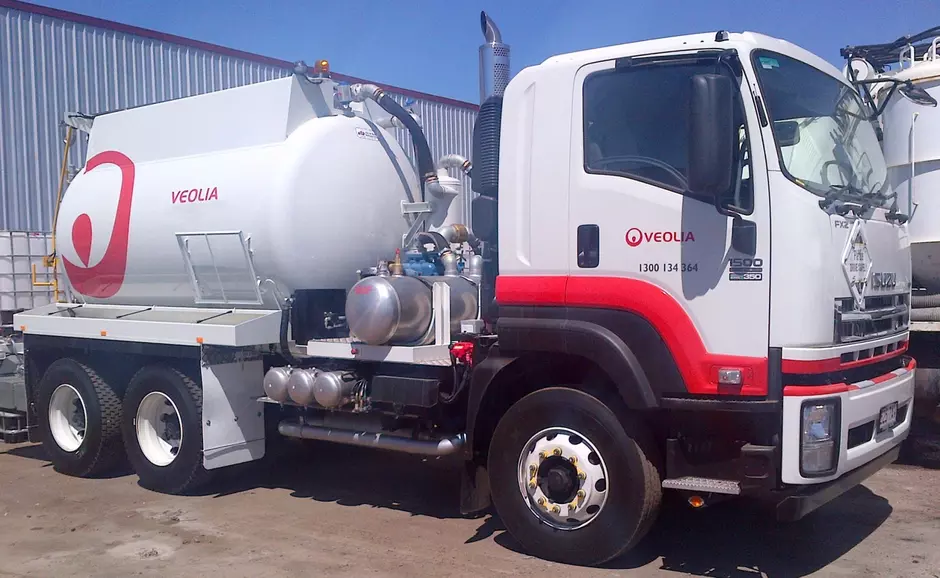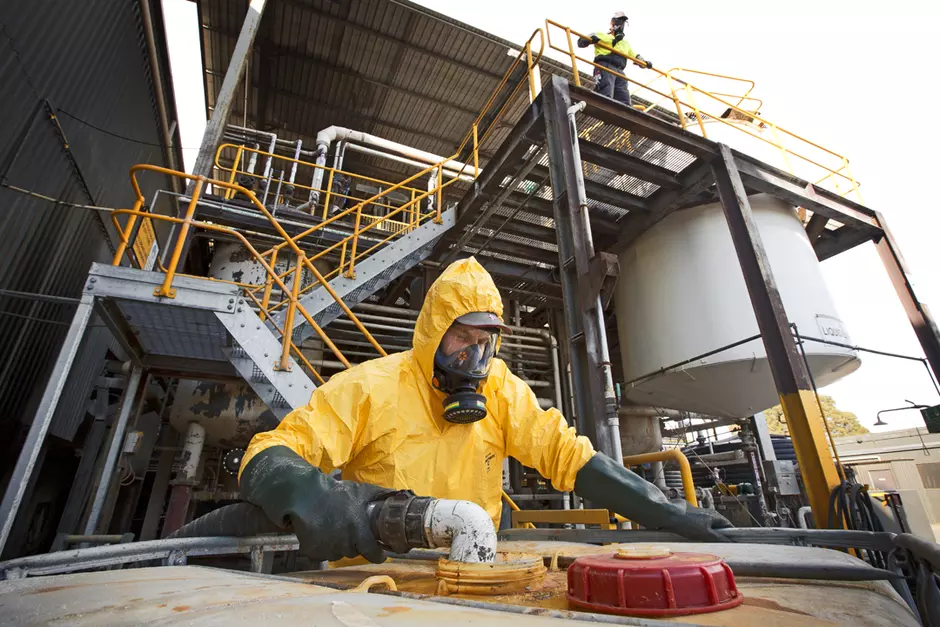What is Hazardous Waste?
Hazardous waste is a category of waste that is considered to pose a potential risk to public or environmental health. The nature of the waste and its source of origin influences the classification of waste as ‘hazardous’.
Liquid vs Solid Hazardous Waste
Liquid waste is typically a result of industrial, commercial, or domestic activity and can include wastewater, fats, oils or grease (FOG), used oil, and hazardous household liquids.
As the name states, solid hazardous waste is the opposite and refers to any solid material that poses a risk to human health or the environment. This can include various types of waste, such as dust & fly ash, contaminated soils, asbestos, and other substances that are toxic, flammable, corrosive, or reactive.
Neither liquid nor solid hazardous waste can be disposed of in general waste streams due to their potential to cause harm to living organisms and ecosystems. Strict regulations around the management of hazardous waste currently govern the process and ensure the correct treatment and responsible disposal of waste according to the regulations.
HOW CAN WE HELP YOU?
Get in touch with our team to enquire about our range of Hazardous Waste Services and find solutions best suited to your needs.





